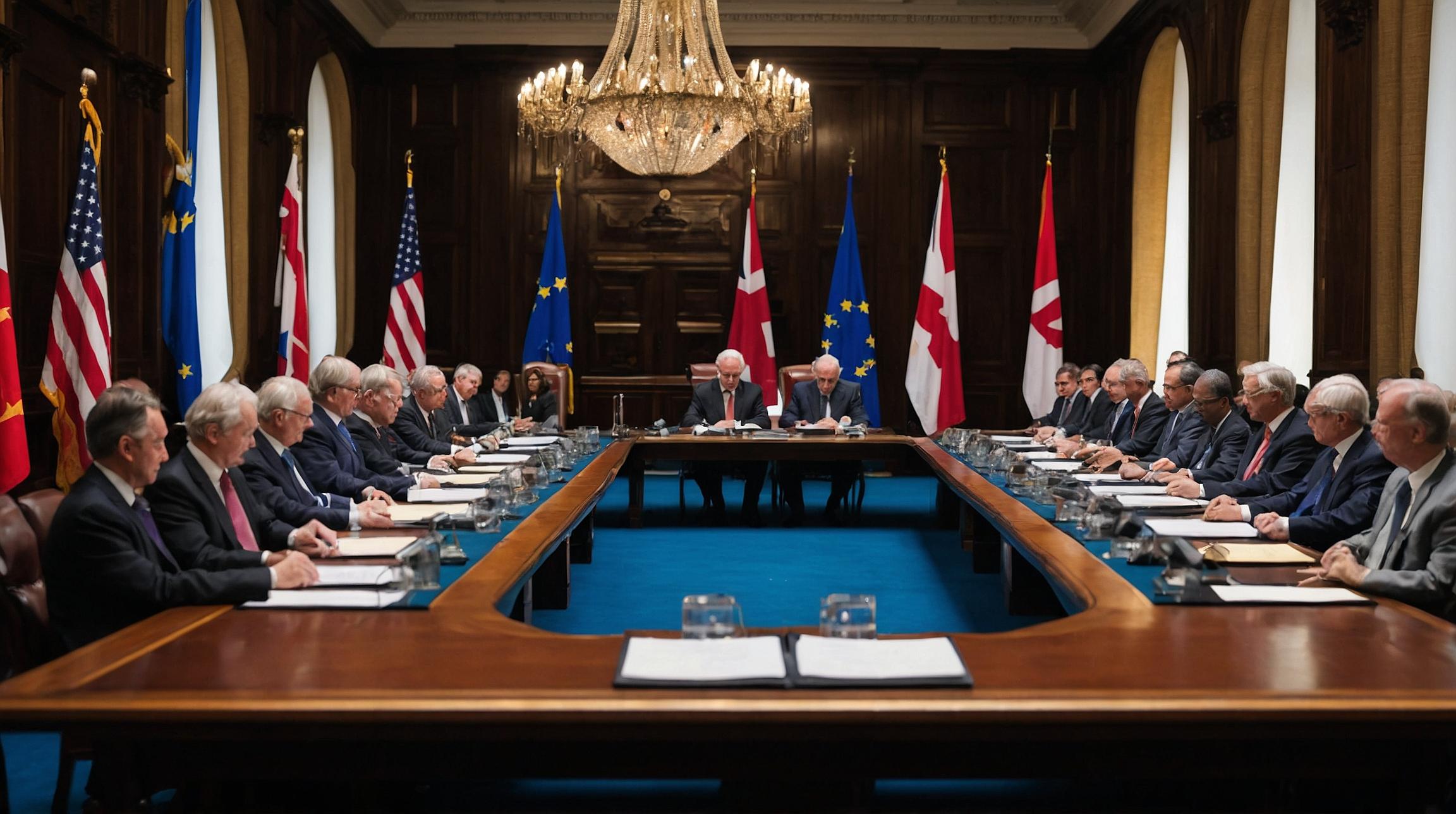The Historic AI Treaty and Its Implications
In a landmark development, the United Kingdom, the United States, and the European Union have signed the world's first legally binding Artificial Intelligence (AI) treaty. This initiative, known as the AI Convention, has been meticulously crafted over several years, culminating in its adoption in May with input from 57 countries. The primary aim is to balance the risks posed by AI with responsible innovation.
Human Rights and Rule of Law at the Core
Shabana Mahmood, Britain's justice minister, emphasized the importance of the treaty in safeguarding fundamental values. According to Mahmood, the Convention helps harness new technologies while protecting time-tested principles like human rights and the rule of law.
Distinction from the EU AI Act
It's important to note that the AI Convention and the EU AI Act are separate entities. While the EU AI Act provides comprehensive regulations for AI systems within the EU internal market, the AI Convention primarily focuses on the protection of human rights influenced by AI systems.
The Role of the Council of Europe
The Council of Europe, established in 1949, operates independently from the EU, with a mandate to uphold human rights. It comprises 46 member countries, which includes all 27 EU member states. In 2019, an ad hoc committee began exploring the potential for an AI framework, leading to the formation of a Committee on Artificial Intelligence in 2022. This committee played a crucial role in drafting the treaty.
Challenges and Criticisms
Although the treaty marks a significant step forward, some experts express concerns about its legal certainty and enforceability. Francesca Fanucci, a legal expert involved in the drafting process, pointed out that the agreement was "watered down" into a broad set of principles with limited scrutiny of private companies compared to the public sector. She highlighted exemptions for AI systems used for national security as a significant drawback.
Moving Forward
The U.K. government has committed to working with regulators and local authorities to ensure the effective implementation of the treaty's new requirements. This commitment reflects the ongoing effort to manage AI responsibly while addressing potential risks and challenges.













